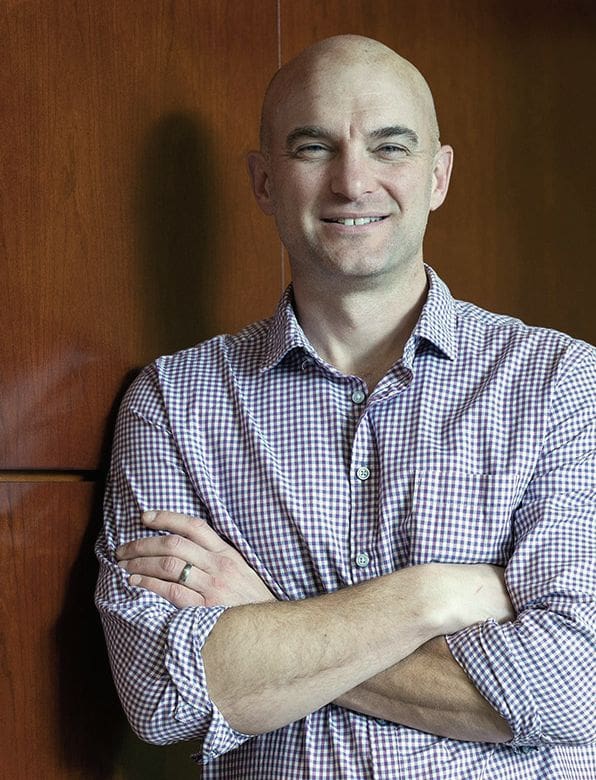A tenacious team
A novel science
A fighting chance
At F2G, transformation is personal


Our tenacious team is united by the belief that patients fighting rare, life-threatening fungal infections need more options. And we’ve been working toward realising that goal for many years.
Our deep expertise, passion for innovative science, and patient-first ethos are the cornerstones of our work and our culture.
Developing effective antifungals is a big challenge for science
But that hasn’t stopped us. We are harnessing the power of a novel science to achieve life-changing results.
Life-threatening fungal pathogens
are constantly fighting back against our innate defenses and therapeutic options.1 We don’t want to run out of options to treat them.
Creating new possibilities
It takes a team that is not afraid to defy the odds. We are motivated to grow, adapt, and navigate complex challenges so that patients can have a fighting chance. Join us in developing life-saving options for defined patient populations.
- WHO fungal priority pathogens list to guide research, development and public health action. Geneva: World Health Organization; 2022. Licence: CC BY-NC-SA 3.0 IGO.